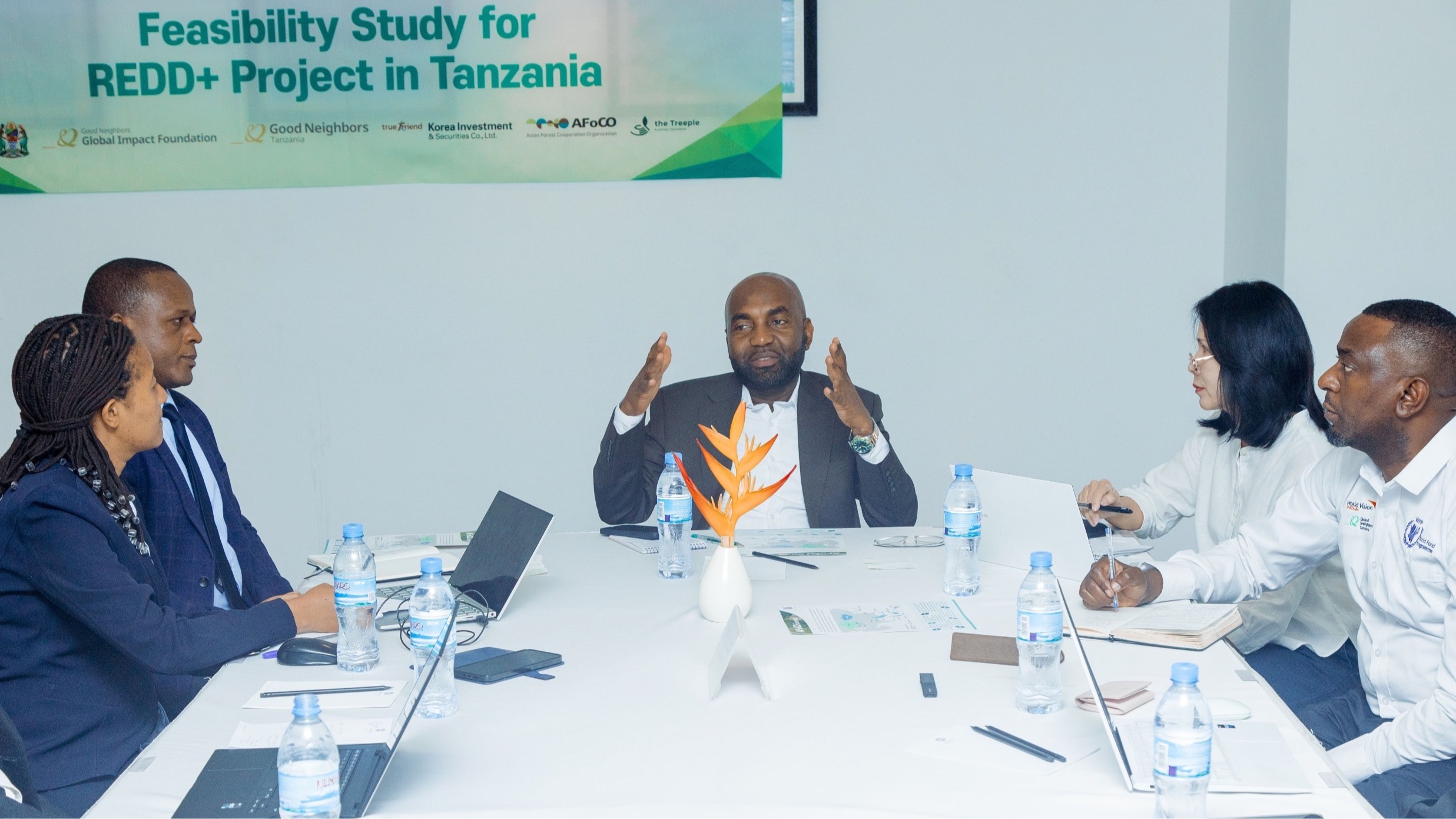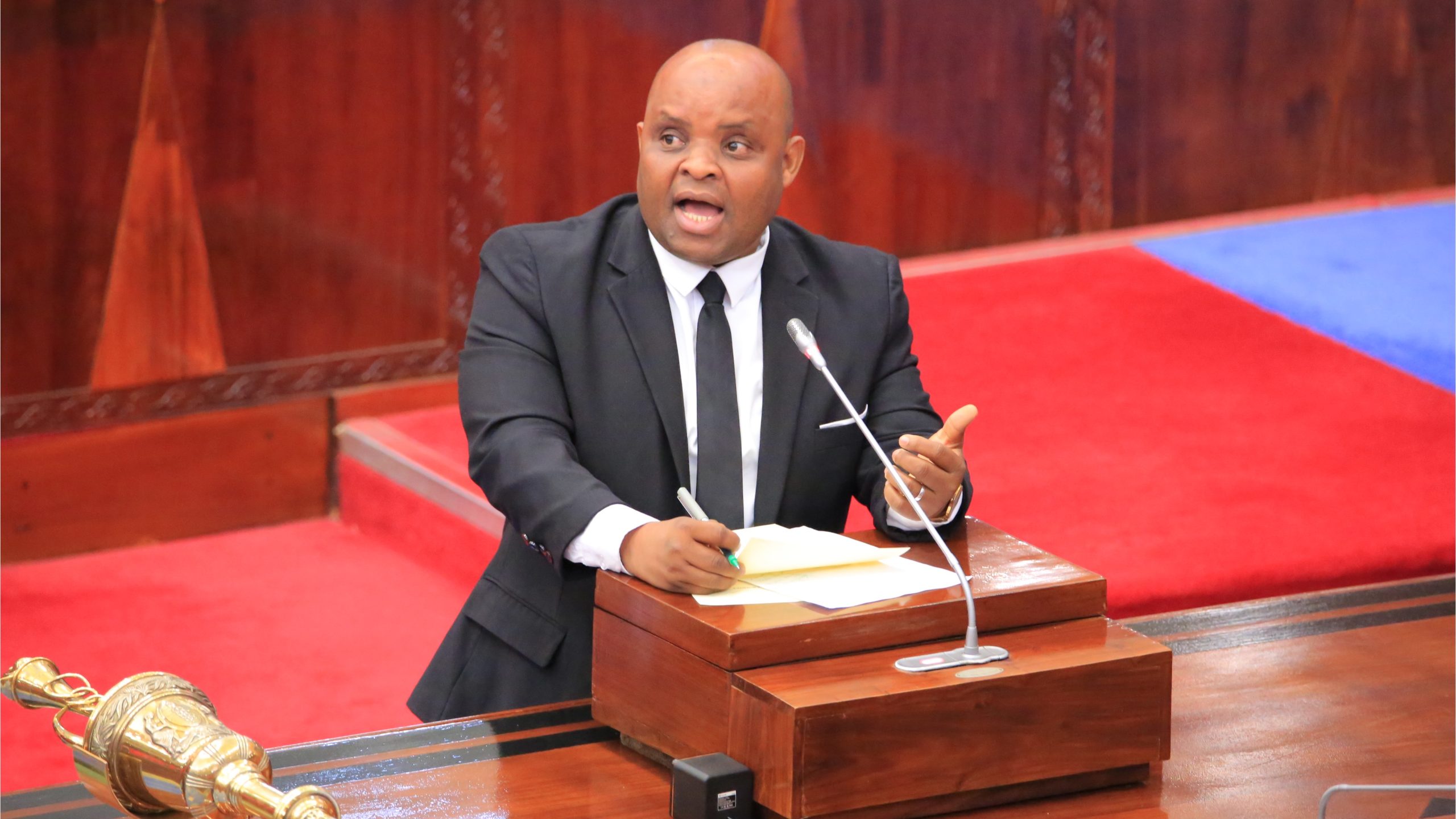In a historic turn of events at COP28 in Dubai, several noteworthy occurrences marked the day, ranging from the first-ever dedicated Health Day at a Conference of the Parties (COP) to significant developments in climate finance and peace advocacy.
One of the prominent highlights was the joint call for urgent climate action by Pope Francis and the Grand Imam. Despite the Pope’s health preventing his physical presence in Dubai, a powerful video message from him resonated at the inauguration of the inaugural Faith Pavilion. This marked a momentous occasion, emphasizing the intersection of faith and environmental stewardship.
For the first time in COP history, a dedicated day focused on health took center stage. The day served as a platform to underscore the inextricable link between health and climate change. Discussions ranged from the impact of rising temperatures on the spread of tropical diseases to the detrimental effects of air pollution on global health. Diarmid Campbell-Lendrum, the head of climate and health at the World Health Organization (WHO), emphasized the urgency, stating, “Climate change doesn’t need to be on a death certificate for us to be confident that climate change is causing deaths.”
In an unexpected move, peace became the overarching theme of the day, with protests, including a plea for a ceasefire in Gaza, taking place at the UN climate conference. Notably, the UAE, where protests are seldom allowed, permitted these demonstrations within the conference venue under stringent guidelines.
The COP28 Peace Declaration emerged as a significant development, garnering support from around 70 countries and 39 organizations. Termed the ‘Declaration on climate, Relief, Recovery and Peace,’ it focused on bolstering financial support for climate resilience in conflict-ridden and fragile settings. While applauded as a “big step in the right direction” by Nic Hailey, the executive director of International Alert, there is a call for the integration of conflict and climate change into routine global climate talks.
Furthermore, a UN report highlighted progress in the establishment of early warning systems against extreme weather events. While the number of countries with such systems doubled since 2015, the goal of protecting every person on Earth within five years still faces challenges, with half of the countries lacking adequate systems. Funding announcements totaling €18.7 million from Sweden, Denmark, and France marked the commitment to furthering this cause.
The inaugural Health Day at COP28 prompted reflections on why health has not been a central focus in previous COPs. WHO Director-General Tedros Adhanom Ghebreyesus expressed that the threats to health from climate change are “immediate and present,” emphasizing that health is the most compelling reason for climate action. John Kerry, the US climate envoy, echoed this sentiment, noting the astonishing delay in recognizing health as a centerpiece of climate discussions.
As COP28 unfolds, the nexus between health, climate change, and peace takes center stage, signaling a paradigm shift in global climate discussions. The push for more comprehensive and sustained attention to these critical issues becomes increasingly evident as nations and organizations unite in their commitment to address the urgent challenges posed by a changing climate.
About National Carbon Monitoring Centre (NCMC)
The National Carbon Monitoring Centre is a vehicle for reporting on carbon stocks and their changes as well as coordinating the national MRV processes for the Government of Tanzania. The goal of the Centre is to enable Tanzania to actively participate and benefit from possible future international carbon trading mechanisms to reduce greenhouse gas emissions.
The core services of the Centre are:
- To manage, develop, and sustain operations of the national GHG inventory and REDD+ MRV systems and facilitate validation of results for the UNFCCC and International community in collaboration with VPO;
- To maximize the usefulness of the data generated and develop different programmes and projects with technical GHGs and REDD+ MRV components and define steps in MRV training, research, consultancies and dissemination
- To coordinate national GHG inventory and national forest inventories
- To harness available national capacity and support from regional and international expertise to operationalize the GHGs and REDD+ Inventory System; and
- To advise policies related to GHG emissions and mitigation actions.
For more information visit NCMC



